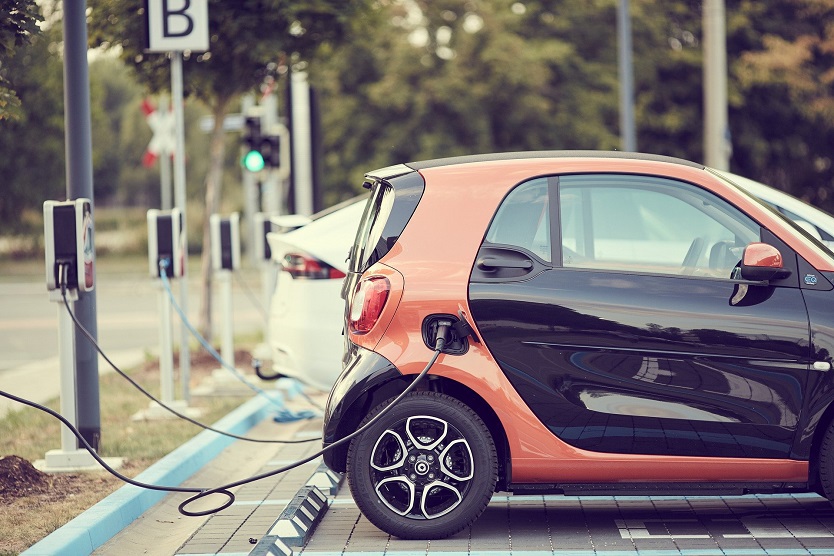
A German pilot project aims to integrate e-mobility into the local infrastructure in an economical way.
E-mobility must be integrated into everyday life in an economical way in order to shift to a low-carbon economy in Germany. A new pilot project in the Bochum-Weitmar district in North Rhine Westphalia (NRW) aims to do just that with an intelligent, self-learning energy management system that will ensure the right energy is available at the right place and time – be it electricity or heat for households, or e-charging points for vehicles.
The project ‘ODH@Bochum-Weitmar’ – which is being funded by the state of NRW with EUR 6.2 million – is a joint venture between a Munich start-up Ampeers Energy (an energy software solutions provider), Vonovia (a housing provider with a million residents across Germany) and three Fraunhofer research institutes (UMSICHT, FIT and IOSB).
Over three years it will test business models that use locally and sustainably generated energy as efficiently as possible in the areas of electricity, heating and mobility, by linking them together in an ICT-ecosystem. The overall objective is to create a working model for a networked energy supply system that will enable communities to become more self-sufficient.
Speaking to ZFK, the newspaper for municipal economy, the founder of Ampeers Energy Karsten Schmidt explained: "[We are] supporting the real estate industry in the realization of sustainably profitable, decentralized business models in new construction as well as in classic existing housing estates. To this end, we provide easy-to-integrate, cloud-based software solutions."
A major research focus will be the integration e-vehicle of charging points for different uses (car sharing, trade fleets etc.). Ampeers Energy, which is a Fraunhofer spin-off, hopes to demonstrate the optimization of fleet vehicles using artificial intelligence (AI) through its ‘AE Fleet Optimizer’.


